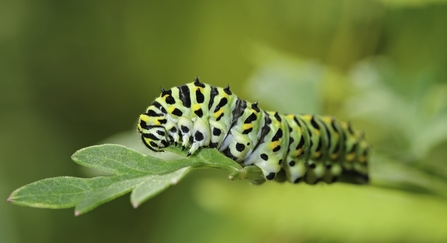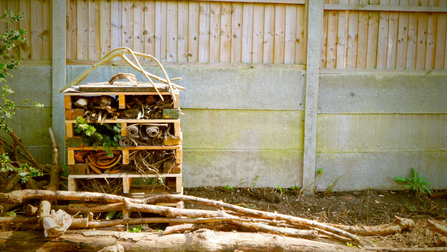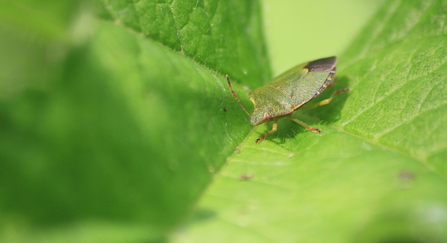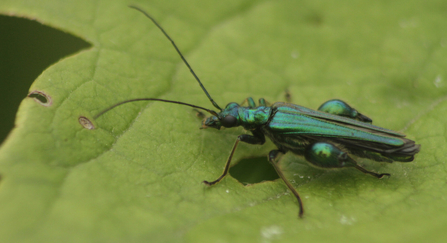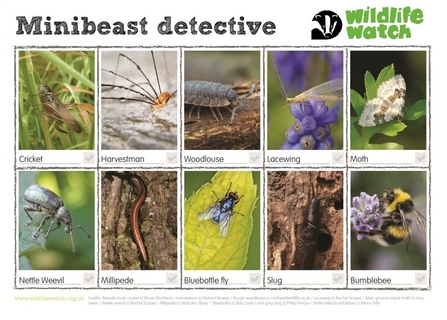Minibeasts, or invertebrates as conservationists prefer to call them, are the most successful creatures on earth – in fact, they’ve been around before dinosaurs roamed the earth! That in itself makes them pretty cool but add to that the fantastic jobs they do in our eco system, from pollinating our crops so that we can enjoy our favourite breakfast cereal to being a food source themselves for creatures higher up the food chain, we think you are going to love finding out more about them.
Did you know.... some caterpillars can grow 10,000 times bigger in just a few weeks, and there's a parasitic wasp that lays its eggs inside a spider? Fascinating or gross - you decide?!
Check out this interesting article ‘How long do insects live?’ and learn who lives for 24 hours and who can live for up to 50 years! Or, how about finding out about five of the UK’s weirdest beetles and giving your friends and family a run-down of some strange but true facts.


